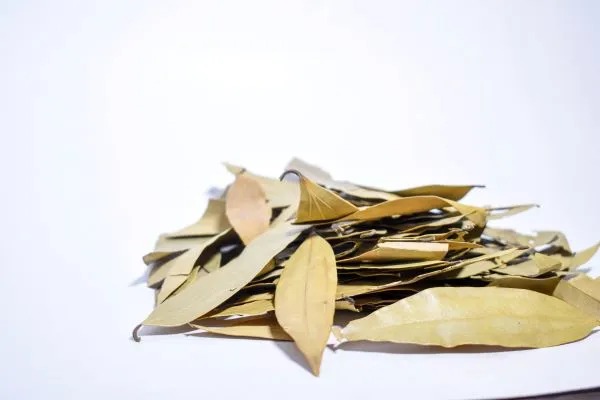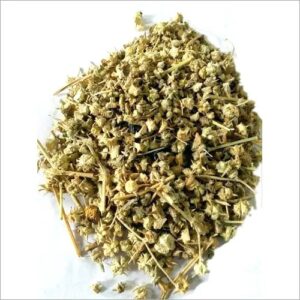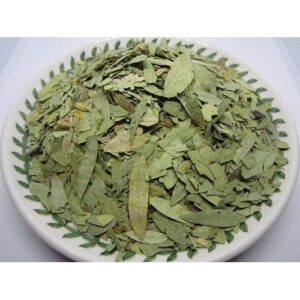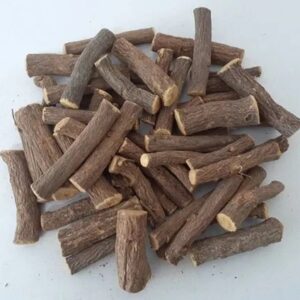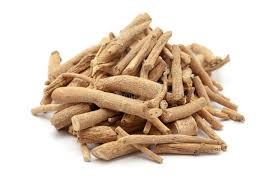Description
Appearance: Bay leaves are elongated, oval-shaped, and about 3-4 inches long. They have a leathery texture and a glossy, dark green color when fresh, turning to a dull olive green when dried.
Flavor and Aroma: Bay leaves have a robust, slightly bitter taste with hints of pine and menthol. Their aroma is fragrant, with a combination of herbal and floral notes that become more pronounced when the leaves are dried.
Culinary Uses: Bay leaves are a staple in many cuisines around the world, particularly in Mediterranean, Indian, and Caribbean dishes. They are commonly used to flavor soups, stews, broths, sauces, and marinades. Bay leaves are typically added whole and removed before serving, as their texture remains tough even after cooking.
Digestive Aid: Bay leaves are known to promote healthy digestion. They stimulate the production of digestive enzymes and reduce symptoms of indigestion and bloating. Bay leaves are also used in traditional medicine to treat stomach ulcers and other digestive issues.
Cooking Tips: When using bay leaves, add them early in the cooking process to allow their flavors to infuse into the dish. They pair well with meats, vegetables, and grains. Remember to remove the bay leaves before serving, as they are not meant to be eaten whole due to their tough texture.
Storage: Store bay leaves in an airtight container in a cool, dry place away from direct sunlight. Dried bay leaves retain their flavor for about a year if stored properly. Fresh bay leaves can be kept in the refrigerator for up to a week or frozen to extend their shelf life.
Specifications
-
Botanical Name
Laurus Nobilis L.
-
Common Names
Tejpatta, Bay Leaf, Sweet Laurel.
-
Purity
99%, 99.5%
-
Types
Single Herbs & Spices
-
Moisture
Max. 11%
-
Cleaning
Machine Clean / Sortex Clean
-
GMO
Non Genetically Modified
-
Origin
India
Bay leaves in other Languages:
Spanish – Hojas de laurel
French – Feuilles de laurier
Philippines- laurel/ dahon ng laurel
Arabic – ورق الغار (Waraq al-ghār)


